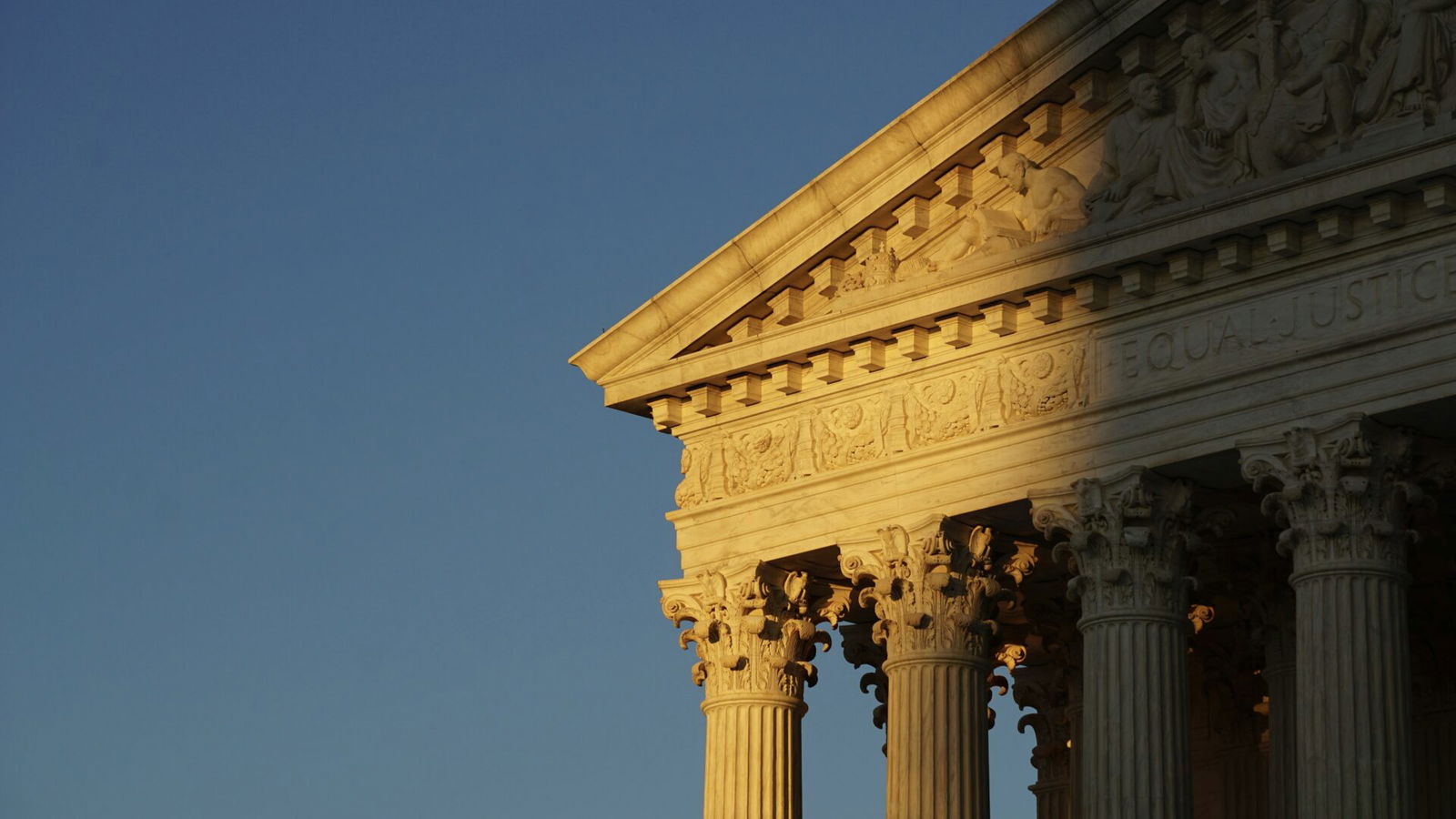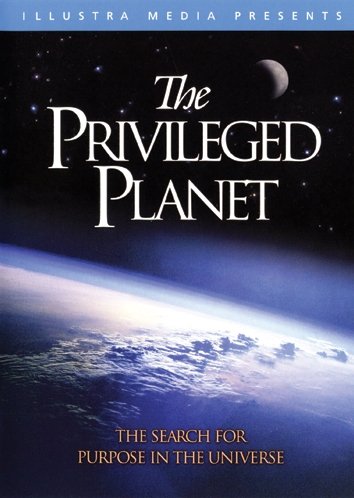
Supreme Court Sends Internet Free Speech Cases Back to Lower Courts
By Movieguide® Contributor
The Supreme Court just issued its ruling on two cases surrounding the future of free speech on the Internet.
The cases — Moody v. NetChoice and NetChoice v. Paxton — concern two sets of laws in Florida and Texas that aim to limit content moderation on large social media sites.
“The legislation took shape after conservative politicians in both states criticized major tech companies for allegedly exerting bias against conservative viewpoints,” The Verge reported. “Tech industry groups NetChoice and the Computer & Communications Industry Association sued to block both laws.”
Appeals courts in the two states were not able to come to a mutual decision, so the cases went to the Supreme Court, which just vacated both suits. They ruled that neither one properly analyzed the First Amendment challenges to such a suit, sending them back to the lower courts.
“When the platforms use their Standards and Guidelines to decide which third-party content those feeds will display, or how the display will be ordered and organized, they are making expressive choices,” Justice Elena Kagan wrote in the Court’s majority opinion. “And because that is true, they receive First Amendment protection.”
Marc Epstein, Senior Counsel with the Digital Justice Initiative at the Lawyers’ Committee for Civil Rights Under Law, made a statement about the decision, saying the Committee is “pleased at the decision.”
“It means that social media companies can still remove hate and disinformation on their platforms,” he explained. “But it’s not the end of the story. Hate and disinformation are still pervasive on social media…Now that the Court has recognized the platforms’ ability to remove this kind of content, the platforms need to do a better job of doing so. The decision also recognizes that the First Amendment is not an all-purpose shield for harmful actions taken by social media companies. These platforms must comply with regulations that do not implicate speech, just like every other business.”
Movieguide® previously reported on the Supreme Court’s rulings on content moderation:
The Supreme Court sided with President Biden and his administration on Wednesday regarding social media posts about COVID-19 and election security.
By a 6-3 vote, the court ruled that “the plaintiffs, a group of conservative states and social media users, had no standing to sue the federal government over its attempts to influence the censorship policies of social media giants,” Fox News reported.
AP News added that the plaintiffs believe the Biden administration “leaned on the social media platforms to unconstitutionally squelch conservative points of view.”
Justice Amy Coney Barrett said, “The challengers argued that unfettered speech on social media is critical to their work as scientists, pundits and activists,” USA Today reported.
“But they do not point to any specific instance of content moderation that caused them identifiable harm,” she wrote. “They have therefore failed to establish an injury that is sufficiently ‘concrete and particularized.’”



 - Content:
- Content: 



